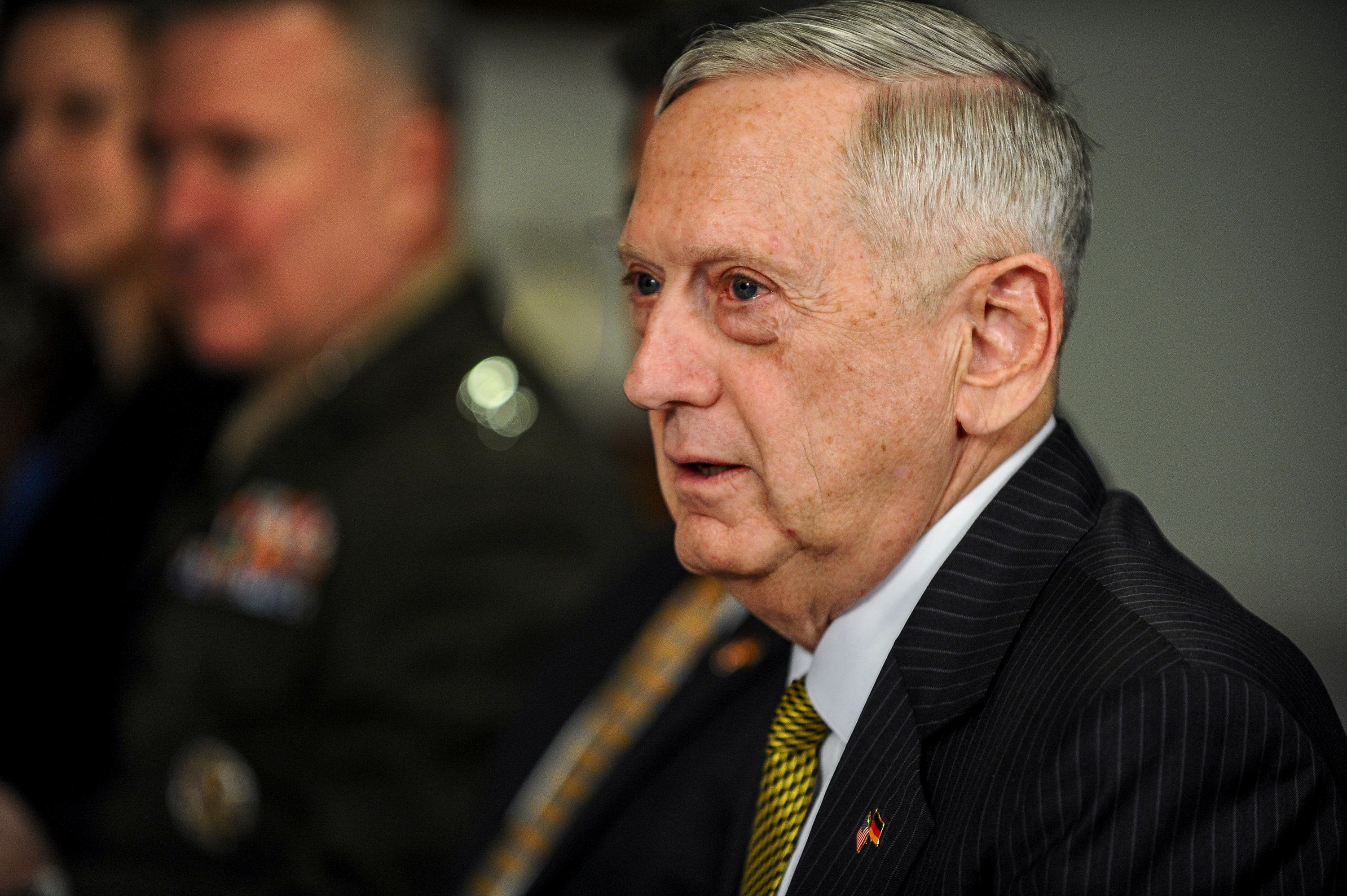December 21, 2018
We begin with a word on yesterday's events in Washington. We encourage you to read this resignation letter from US Defense Secretary James Mattis.
It appears intended, at least in part, as a response to President Trump's surprise announcement this week that ISIS has been defeated and that US forces will soon be withdrawn from Syria. (Late last evening came news the president is also considering a plan that would withdraw thousands of US troops from Afghanistan.)
Any informed debate on the continued presence of US troops in Syria will include wise arguments on both sides. Those who believe the troops should remain insist the US has interests and allies to protect in the Middle East and unfinished business with thousands of ISIS fighters still operating in both Syria and Iraq.
Those who say troops should be withdrawn argue that Russia and Iran are already the dominant influences in Syria and that the American public doesn't support an open-ended US commitment of troops and taxpayer dollars to help keep the peace in eternally unstable Middle Eastern countries.
But this much-needed debate isn't happening, because President Trump appears to have made this decision without full consultation with US allies or even with the Pentagon. That's the argument we see in General Mattis' letter.
Mattis will be replaced, and his replacement might well be a remarkably capable person. Hysteria and hyperbole over the resignation are unwarranted. But as we enter what's sure to be a year of bitter political infighting in Washington, it appears President Trump is taking foreign-policy counsel mainly from himself and acting without listening to those he should trust.
More For You
Immigration and Customs Enforcement (ICE) agents check the identity documents of a group of agricultural workers at a grocery store parking lot during an immigration raid in Mecca, California, U.S. December 19, 2025.
REUTERS/Daniel Cole
A year into US President Donald Trump’s second term, America’s immigration policy has undergone one of its most sweeping resets in decades.
Most Popular
Think you know what's going on around the world? Here's your chance to prove it.
Big global stories. Real conversations with world leaders. Our award-winning global affairs show, GZERO World with Ian Bremmer, goes beyond the headlines on the stories that matter most. Here’s a look back at the 10 most quotable moments from this year’s episodes.
Holiday spending is rising, but many households are paying more for fewer items as prices climb. Higher-income consumers continue to outspend lower-income groups, and signs of financial strain persisted heading into peak shopping months. See the full Consumer Checkpoint from Bank of America Institute.
© 2025 GZERO Media. All Rights Reserved | A Eurasia Group media company.
